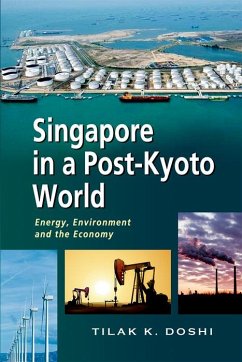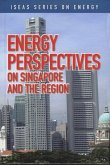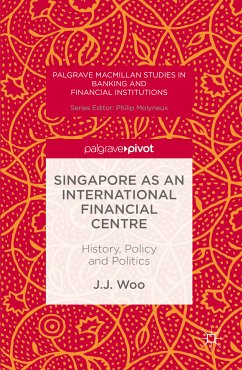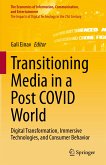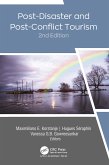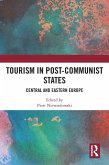Singapore had, by the 1980s, emerged as one of the world's great oil refining and trading centres, with the "e;East of Suez"e; region within its sphere of influence. The city-state's policy-making went against the grain in much of its practice of economic development. It ensured that energy products were bought and sold in the domestic market at essentially global prices, in contrast to the common practice in developing countries of subsidizing energy fuels for social equity. Without a drop of oil of its own, Singapore also managed to attract large foreign investments in the capital-intensive oil refining and petrochemical manufacturing sectors in an export-oriented strategy. This was at a time when governments of most newly independent countries were busy trying to promote heavy industry by protectionist trade policies and import-substituting industrialization. The purpose of this book is two-fold. It is intended to introduce a host of energy-related discussions relevant to a wider group of readers who do not "e;do energy"e; for a living, yet are keenly interested in understanding the many complexities of modern industrial societies which need to balance economic, environmental, and security priorities of ordinary citizens. It is also meant to serve as an introductory assessment of key energy-related issues, with a particular relevance for small advanced countries such as Singapore.
Dieser Download kann aus rechtlichen Gründen nur mit Rechnungsadresse in A, B, BG, CY, CZ, D, DK, EW, E, FIN, F, GR, HR, H, IRL, I, LT, L, LR, M, NL, PL, P, R, S, SLO, SK ausgeliefert werden.

